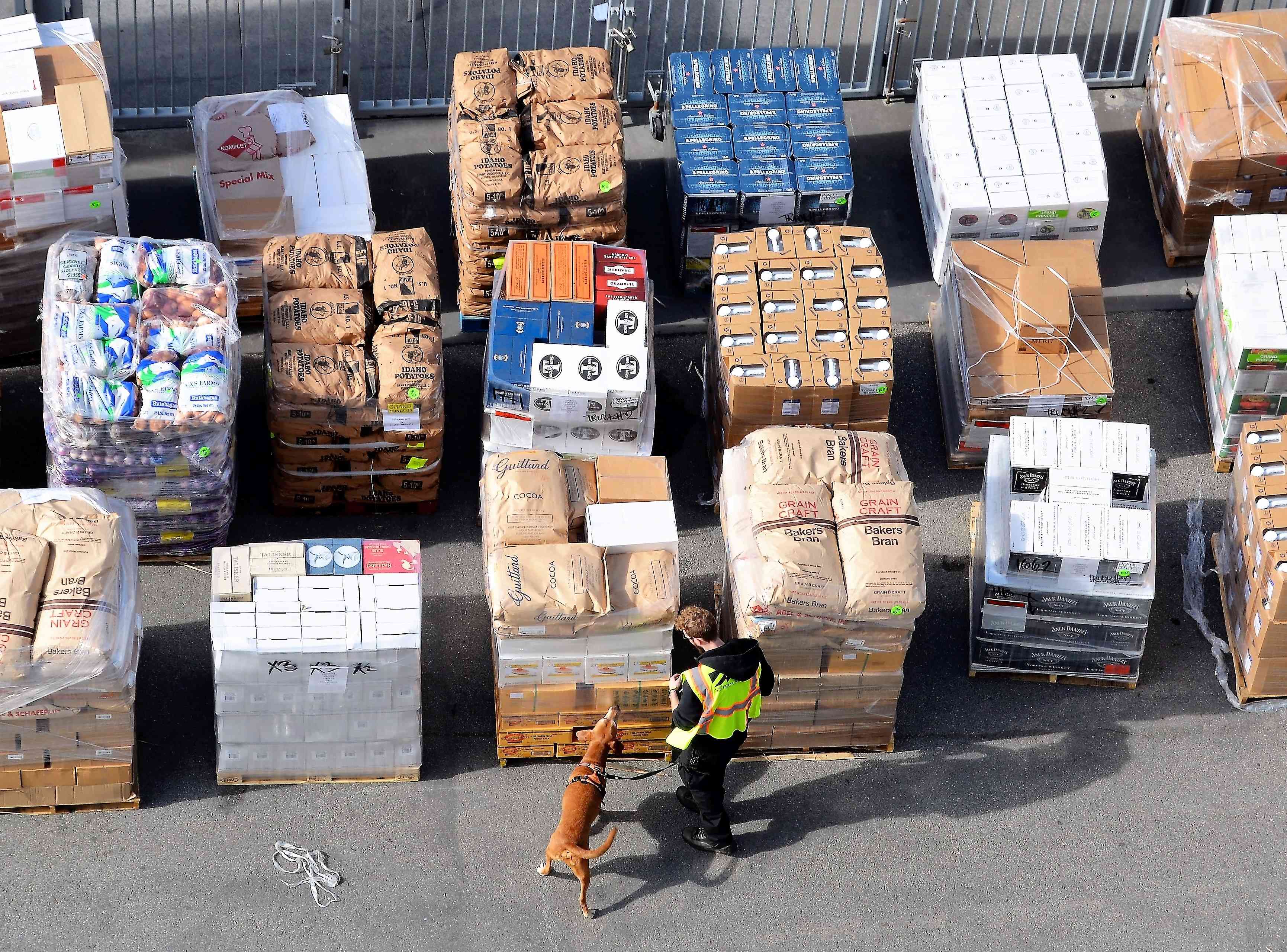ICS Representing Shipowners at Important UN Meeting on Future of Oceans Governance
At the United Nations in New York, the International Chamber of Shipping (ICS) is representing the interests of shipowners at the opening session of a UN Preparatory Committee starting work on a new legal instrument under the United Nations Convention on the Law of the Sea (UNCLOS).
The establishment of the new UN Preparatory Committee, under the auspices of the Division for Ocean Affairs and the Law of the Sea, follows the decision of the United Nations General Assembly, in 2015, that UNCLOS should be expanded to include a new legally binding instrument on the conservation of marine life in areas beyond national jurisdiction. This is particularly relevant to shipping because the new UN instrument could include area-based management tools such as Marine Protected Areas on the high seas. ICS is keen to ensure that the interests of shipping will not be unwittingly affected by this new UN work stream.
Today (29 March) at a special side event at the UN, ICS emphasised to government negotiators that shipping already enjoys a long established and comprehensive framework of global Conventions and regulations that have been developed by the International Maritime Organization (IMO). The UN side event was organised by the World Ocean Council, an umbrella body for ocean industries of which ICS is a founder member.
UNCLOS provides the basic legal framework for protecting the oceans, and under the authority of UNCLOS the shipping industry is regulated by IMO. But the regulation of other ocean activities, especially on the high seas, is not so well developed. The intention behind the proposed new UN instrument is to develop solutions to the vacuum that exists with respect to issues such as preserving global fish stocks from unregulated fishing, and damage to marine ecosystems caused by land based agriculture and industry.
ICS Director of Policy and External Relations, Simon Bennett, commented:
“This is undoubtedly an important and legitimate exercise. But whatever might be decided in the future with respect to UNCLOS, great care should be taken by governments with regard to the maintenance of freedom of the high seas, rights of navigation currently enshrined within UNCLOS, and the current balance that exists between the rights and obligations of flag states, coastal states and port states. In the context of regulating international shipping, the current balance has worked very well, as demonstrated by the reduction in the number of maritime accidents and pollution incidents. It will therefore be important for the UN Committee to take account of any potential overlap or duplication of existing IMO Conventions.”
The work of the UN Preparatory Committee is eventually expected to lead, at some point after 2018, to a Diplomatic Conference which will adopt a new UNCLOS implementation agreement. ICS will continue to monitor these important developments in oceans governance closely, in co-operation with the World Ocean Council and in liaison with IMO.
Related content

Promoting Maritime Treaty Ratification

LEG 111-4(a)-2 – (a) Provision of financial security in case of abandonment of seafarers, and shipowners’ responsibilities in respect of contractual claims for personal injury to, or death of, seafarers, in light of the progress of amendments to the ILO Maritime Labour Convention, 2006 Comments on document LEG 111/4(a)

Meet the ICS Publications Technical Writer
